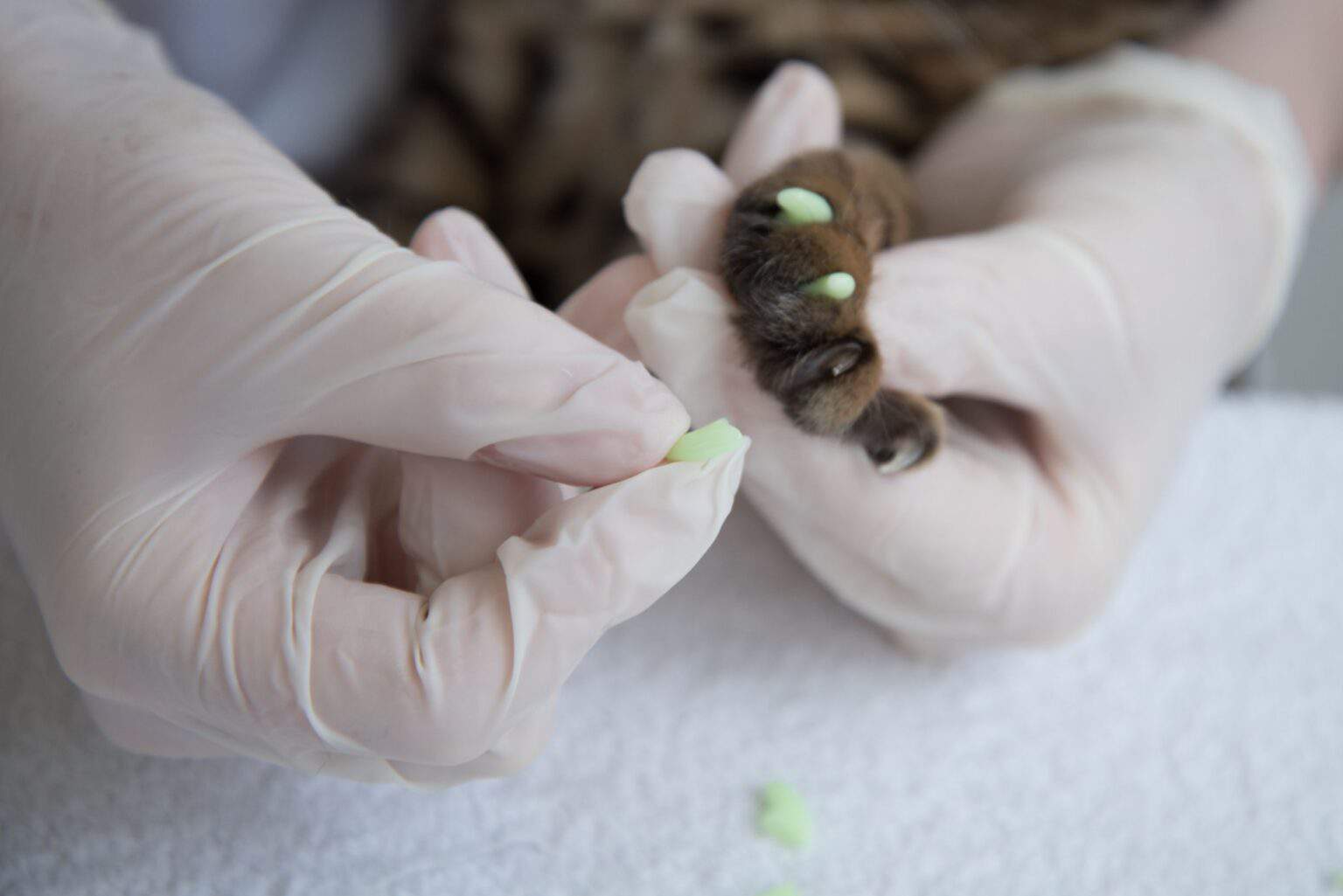Scratch That: Alternatives To Declawing Your Cat

When you are looking for the best in veterinary care in Texas, you know that you will get it at BEEVET Animal Hospital. Sometimes, though, what makes us the best lies not only in what we do, but also in what we don’t do.
As of June this year, we will no longer be offering feline declawing as an elective procedure. In accordance with AAFP guidelines, we have decided that this procedure is not in the best interest of our whiskered patients. So what’s a pet owner to do? Not to worry, there are so many things to consider before and as alternatives to declawing your cat:
Reasons Not To Declaw
Feline declawing has long been banned in places like Europe, and for good reason. This procedure involves the surgical removal of the ends of the toes at the first joint and is often looked at as inhumane once the actual procedure is explained.
Declawing:
- Has no medical advantage to the cat
- Disrupts normal feline behaviors
- Can lead to chronic pain
- Has been shown to lead to other problems such as inappropriate urination and increased aggression in cats
When it comes down to it, we don’t believe it is worth it to declaw our feline patients.
Alternatives to Declawing
With a little patience and knowledge, it is totally possible to love and enjoy cats who still have all their parts!
The most important thing to do is to set your cat up for success. Scratching is a part of being a cat, and providing appropriate scratching surfaces in your home and good nail care including trimming every 1-2 weeks can go a long way. Provide a variety of scratching options in prime locations. Let us know if you need help trimming or learning to trim your cat’s nails.
Other alternatives to declawing and tricks to avoid trouble include:
- Utilize synthetic feline pheromones like Feliway and Feliscratch to decrease the drive to mark territory
- Utilize soft silicone claw caps such as Soft Paws
- Consider adopting a cat who has already been declawed versus declawing a kitten
- Make an appointment to see us if your cat’s scratching is intensifying or changes, as this could indicate a medical or behavioral issue
Declawing is quickly becoming an outdated procedure that isn’t in the best interest of most cats. Our goal is to provide the absolute highest standard of care to all of our patients. Thankfully, we have lots of resources at our disposal to make sure that our clients can enjoy their cats, claws and all. Call (512) 263-9292 to learn more.
